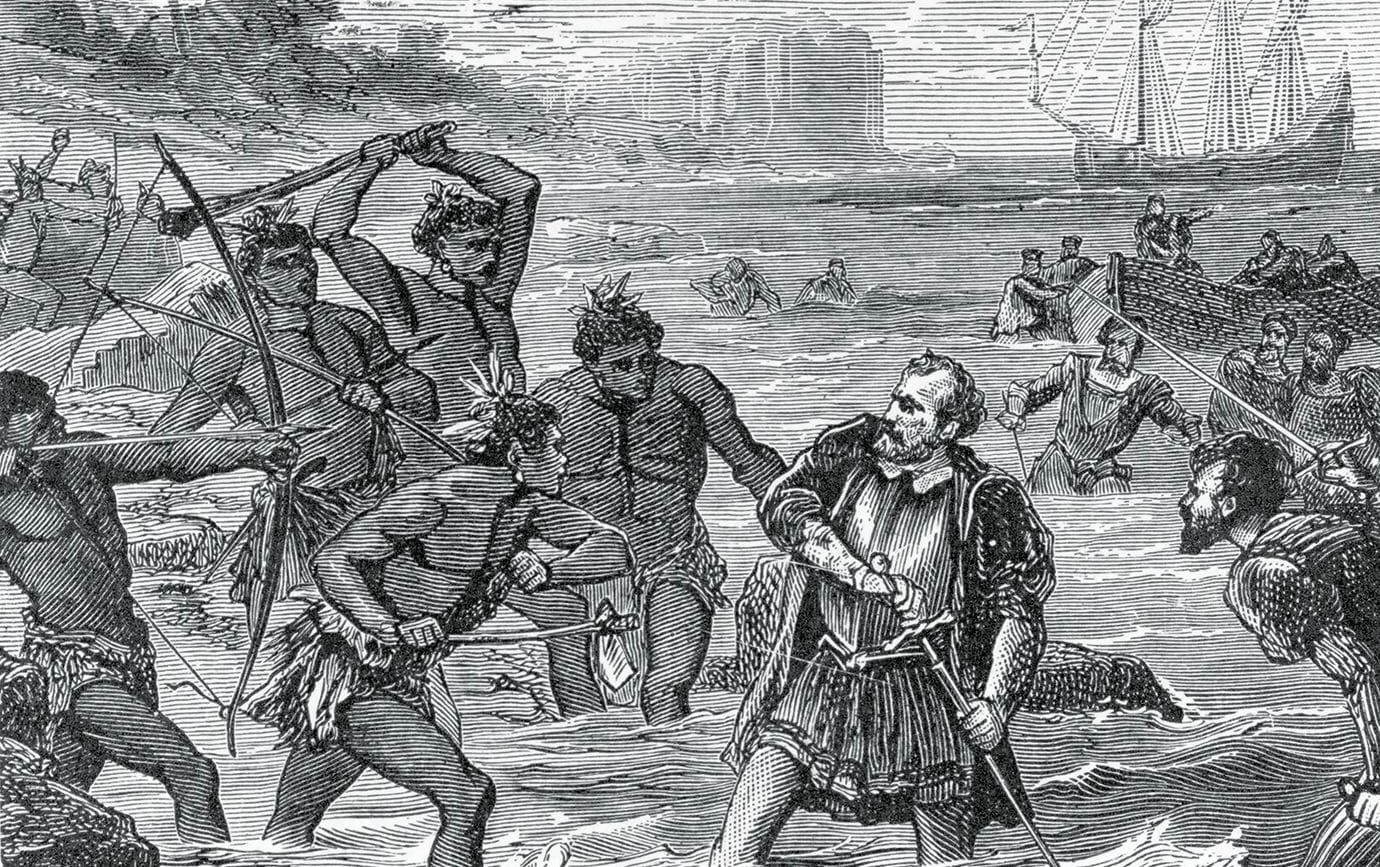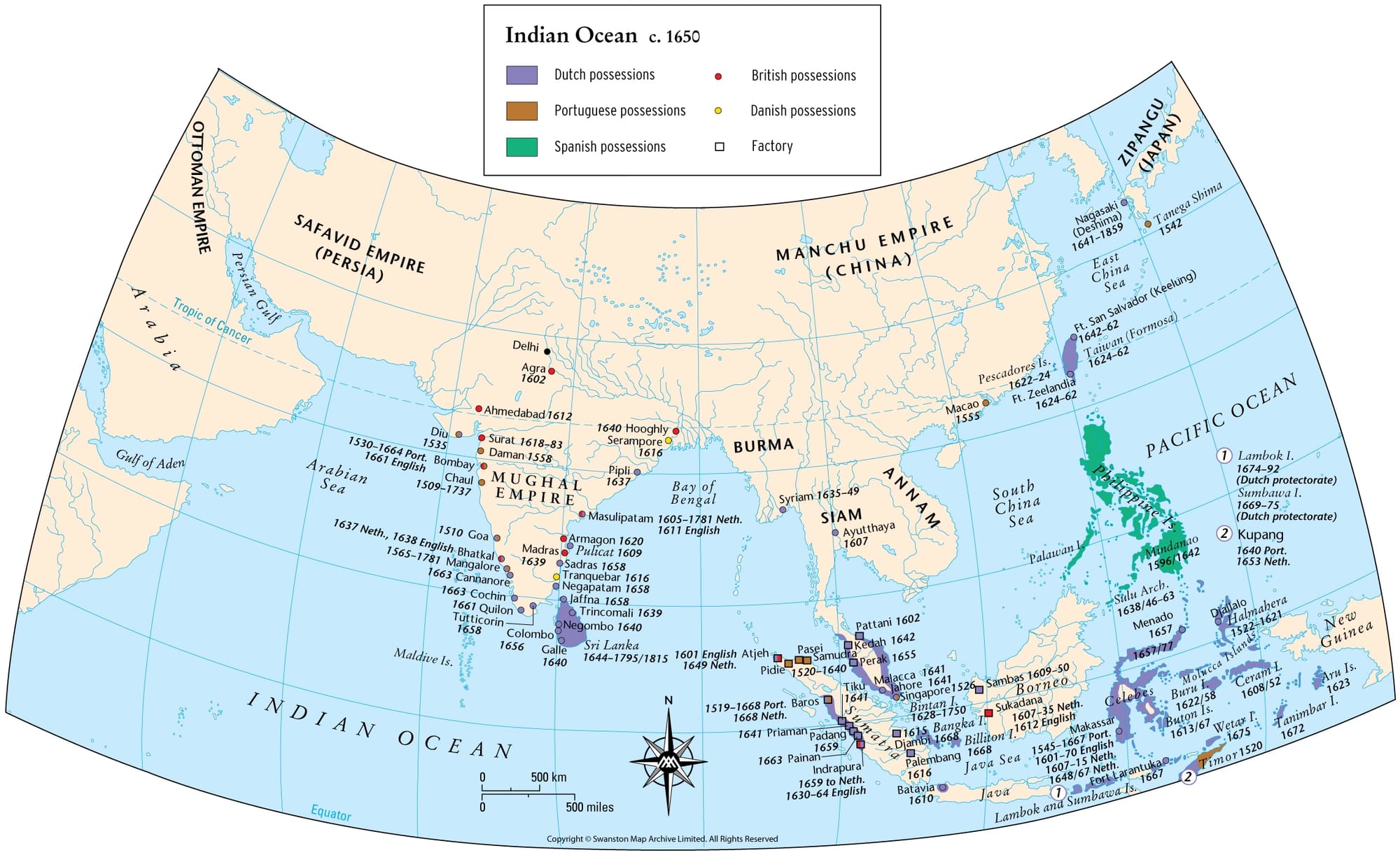“Throw Off the Yoke of the Spanish Dominion”: Early Filipino Resistance to Spanish Rule, 1521 - c.1750
Discussion of teaching early Filipino resistance to Spanish rule

In many ways, early Filipino history exists on the metaphorical margins of world history. Most world history textbooks don’t even mention the Philippines before the Spanish arrival. The Philippines, and more specifically Manila, show up primarily as the connection point between China and the Americas because of the Manila galleons. Rarely do we learn much about the nature of Spanish rule in the Philippines, other than occasionally acknowledging it was similar to Spanish rule in the Americas. The history of the early Spanish Philippines in world history often lacks Filipinos. Even on maps of the Indian Ocean or the Pacific Ocean, the Philippines are on the edges, the margins.

I had learned a lot about the Manila galleon trade but not much about Manila. For a city that was one of the crucial nodes of early modern global trade, it’s frustrating how little world historians focus on the people who lived in the city or the surrounding islands. We get so focused on understanding the big, global process that we lose sight of the people crucial to that process. In this post, I will focus on how Filipinos adapted to and resisted Spanish rule.
The Nature of Spanish Rule
This content is for Paid Members
Unlock full access to Liberating Narratives and see the entire library of members-only content.
SubscribeAlready have an account? Log in



